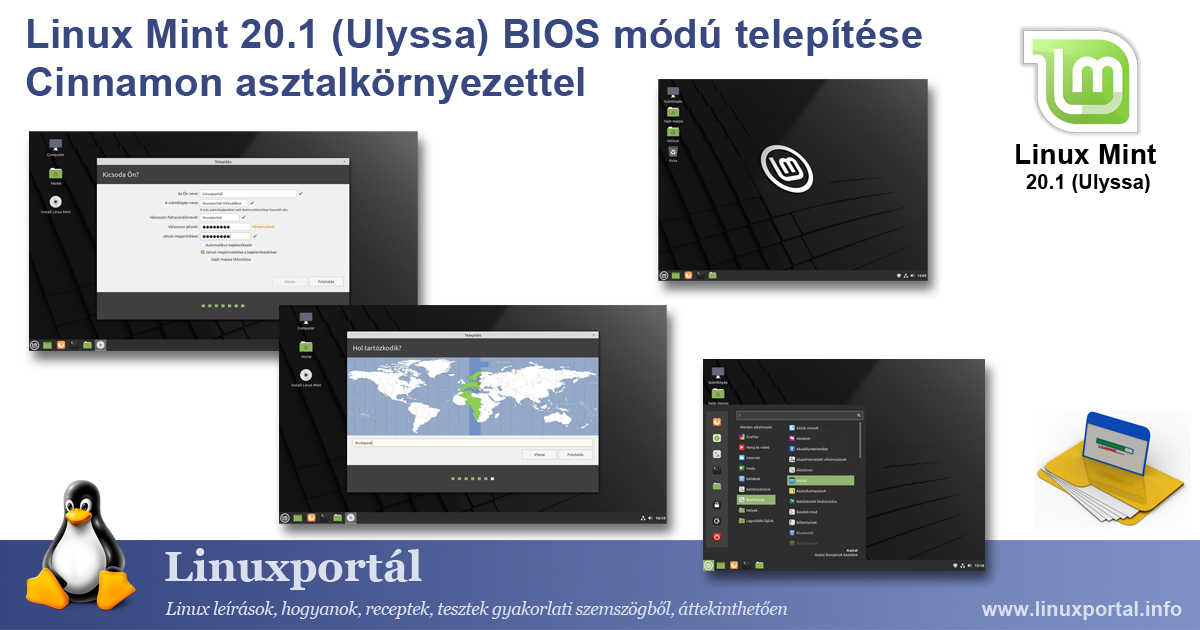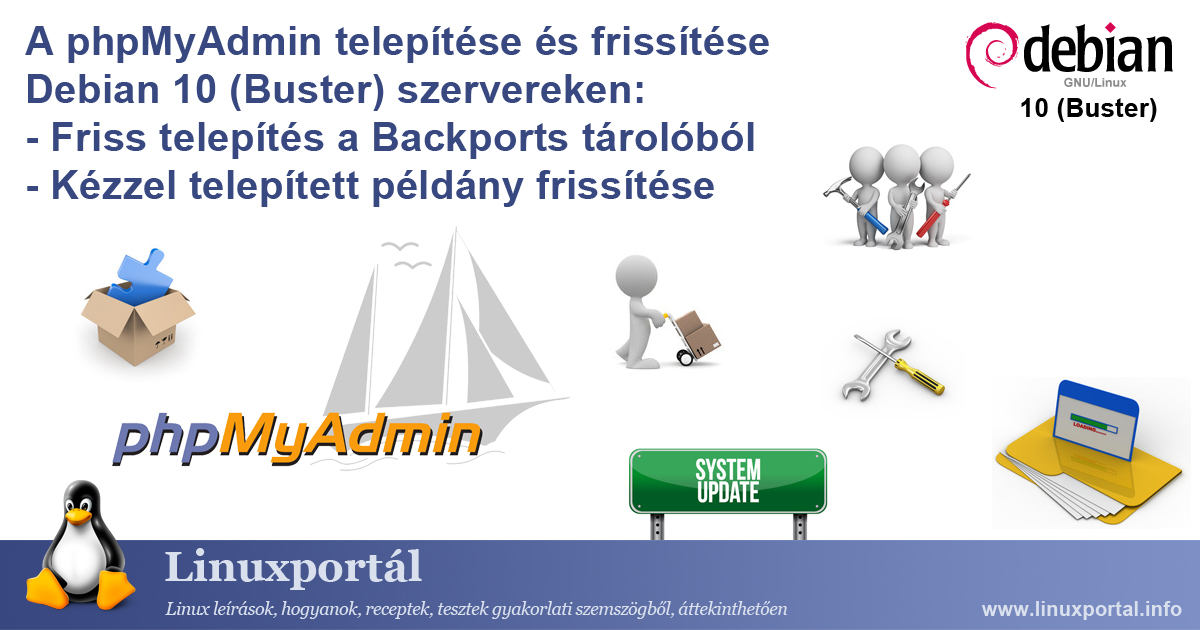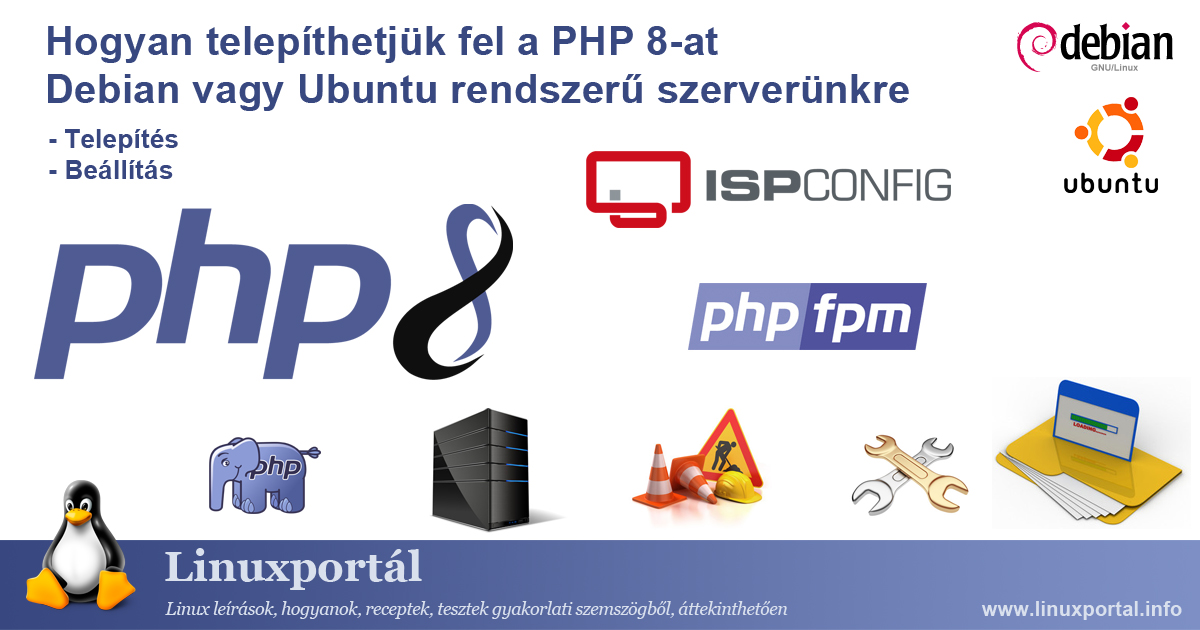PHP released its latest major version, PHP 2020 (26), on November 8, 8.0.0, and since then, January 2021, 7, PHP 8.0.1, so it's time to also deal with it on page. In this shorter article, we review the major innovations and changes in PHP 8.
How to deal with "Possible attack detected. This action has been logged." error message in our ISPConfig control panel
ISPConfig uses a variety of protection systems to keep it secure, including IDS (Intrusion Detection System) technology. However, this setting may be too sensitive and disable us from the control panel as well. In this little troubleshooter, we'll see what we can do if our ISPConfig control panel doesn't allow us, but instead gets a "Possible attack detected. This action has been logged." error message.










